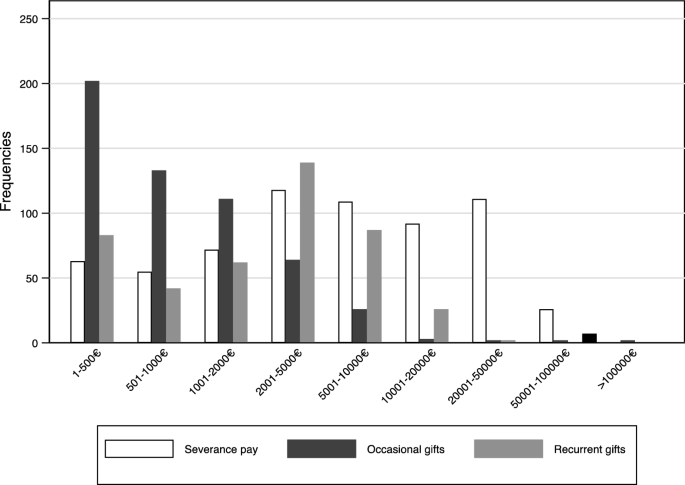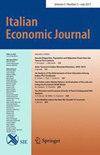消费和流动性冲击
IF 1.2
Q3 ECONOMICS
引用次数: 0
摘要
我们利用意大利家庭收入与财富调查中有关礼品(偶发性和经常性)和遣散费的信息,研究了消费对预期和非预期流动性收益的反应。与标准的跨期消费模型一致,我们发现非预期收入冲击会影响非耐用消费,而预期冲击则没有影响。在前一种情况下,边际消费倾向估计约为 7%。我们还发现,这种消费反应对贫困家庭的影响更大(约 10%),而对富裕家庭的影响可以忽略不计。本文章由计算机程序翻译,如有差异,请以英文原文为准。

Consumption and Liquidity Shocks
We study the response of consumption to anticipated and unanticipated liquidity gains using information on gifts (occasional and recurrent) and severance pay from the Italian Household Income and Wealth survey. Consistent with standard intertemporal consumption models, we find that unanticipated income shocks affect nondurable consumption while anticipated shocks have no effect. In the former case, the marginal propensity to consume is estimated to be around 7%. We find also that this consumption response is stronger for poor households (around 10%) and negligible for rich ones.
求助全文
通过发布文献求助,成功后即可免费获取论文全文。
去求助
来源期刊

Italian Economic Journal
ECONOMICS-
CiteScore
2.30
自引率
8.30%
发文量
35
期刊介绍:
Italian Economic Journal (ItEJ) is the official peer-reviewed journal of the Italian Economic Association. ItEJ publishes scientific articles in all areas of economics and economic policy, providing a scholarly, international forum for all methodological approaches and schools of thought. In particular, ItEJ aims at encouraging and disseminating high-quality research on the Italian and the European economy. To fulfill this aim, the journal welcomes applied, institutional and theoretical papers on relevant and timely issues concerning the European and Italian economic debate.ItEJ merges the Rivista Italiana degli Economisti (RIE), the journal founded by the Italian Economic Association in 1996, with the Giornale degli Economisti (GdE), founded in 1875 and enriched by contributions from renowned economists, including Amoroso, Black, Barone, De Viti de Marco, Edgeworth, Einaudi, Modigliani, Pantaleoni, Pareto, Slutsky, Tinbergen and Walras.
 求助内容:
求助内容: 应助结果提醒方式:
应助结果提醒方式:


